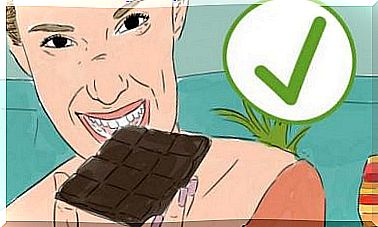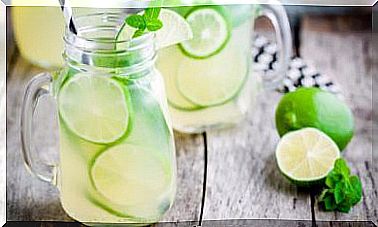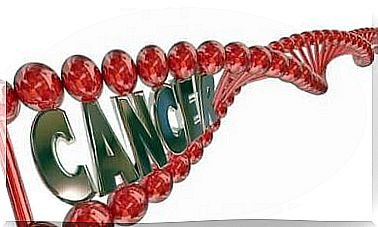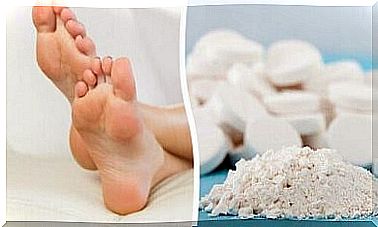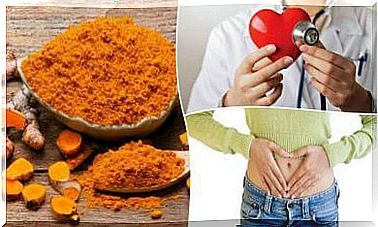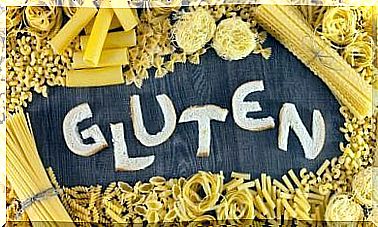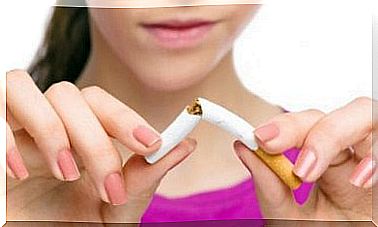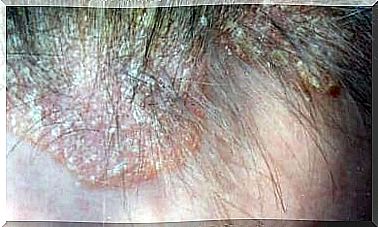What Are The Causes And Treatments For Acute Pancreatitis?
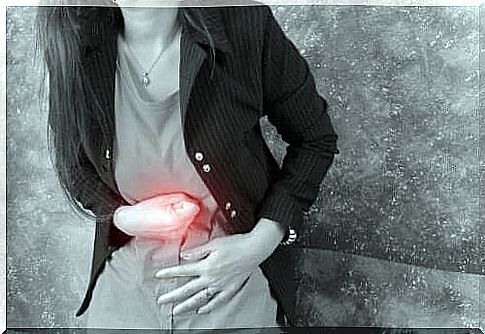
Acute pancreatitis is a sudden inflammation of the organ. Usually, however, after passing such an episode, the function of the gland is completely restored. This kind of sudden and acute inflammation is more common in people aged 50 to 70.
Virtually any person who is in good health can develop acute pancreatitis. However, most often this disease occurs in people who have certain characteristics and abnormalities that predispose them to this inflammation. The most common risk factor is gallbladder stones in the first place.
Another factor that can cause acute pancreatitis is heavy or regular alcohol consumption. Bad eating habits can also affect the development of this disease.
What is acute pancreatitis?
Pancreatitis is an inflammatory process that develops in the tissues of the pancreas. This is a particularly important gland located in the upper abdominal cavity behind the stomach. The pancreas produces enzymes that are involved in the digestive process and hormones that help regulate the processing of sugar, or glucose.
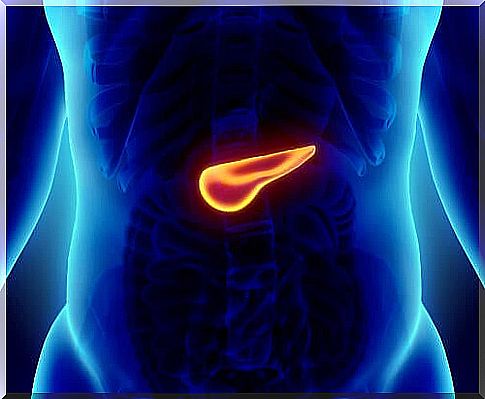
There are two types of pancreatitis:
- Acute pancreatitis: this occurs suddenly and lasts only for a few days.
- Chronic pancreatitis : This type of inflammation remains active for more than six months.
Acute pancreatitis can become severe, moderate or mild depending on the consequences and complications it has on other body functions. Overall, when pancreatitis is mild to moderate, there is usually no fatal outcome. However, if we are talking about a serious condition, the risk of death is high.
What causes acute pancreatitis
The main causes of acute pancreatitis are as follows:
- Gallstones: account for approximately 40% of cases. Although the complete mechanism of disease development is not clear, the stones are expected to block the pancreatic duct, causing an enzymatic process in the pancreas to be activated. This leads to the destruction of the tissues of the organ.
- Alcohol consumption: it accounts for approximately 30% of cases. Systematic alcohol consumption, even if alcohol consumption is moderate, leads to chronic pancreatitis after several years. However, it does not occur in all drinkers. For there must also be other factors for inflammation to occur.
- Other factors: a genetic mutation has been detected in the cationic trypsinogen gene that causes acute pancreatitis in 80% of the carriers. It is also a complication that occurs in 5-10% of patients performing endoscopic retrograde cholangiopancreatography (ERCP).
Symptoms of acute pancreatitis
A common symptom of acute pancreatitis is abdominal pain. It appears in over 95% of cases. Its intensity ranges from moderate to severe and is described as shooting pain through the back. The patient is only relieved of being completely still. This symptomatic pain occurs suddenly, at a certain point in time.
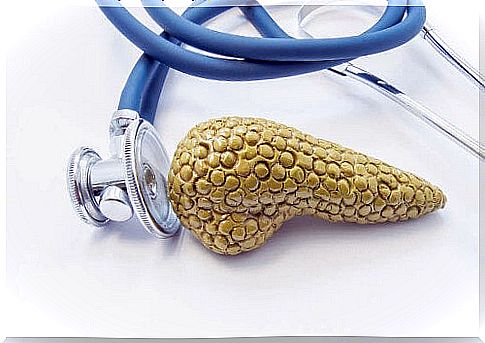
80 to 90% of people who have acute pancreatitis also experience nausea and vomiting. Initially, the patient vomits the eaten food, but then the vomit becomes mucous or watery. It is also common to experience abdominal distension and fever.
In some cases, there are other symptoms that include respiratory failure or kidney failure. Heart failure, low blood pressure and even mental disorders can also occur. With mild pancreatitis, the pain is much more moderate and the remaining symptoms may sometimes go unnoticed.
Treatment
Typically, such episodes of acute pancreatitis are treated in the hospital. First, the patient is advised to fast for one or two days completely. When the inflammation has subsided slightly, start a liquid diet followed by a soft diet. Pain medications and intravenous fluids are also given to prevent dehydration.
Following initial treatment, appropriate treatment should be initiated according to the cause of the acute pancreatitis. This may include biliary unblocking procedures, gallbladder surgery, pancreatic surgery, or treatment for alcoholism.
It is advisable that the affected person, after overcoming an attack of the disease, switch to a low-fat diet and consume plenty of fluids. Likewise, you should stop drinking alcohol completely and avoid tobacco use.
The prognosis depends on the severity of the episode. If the affected person is over 60, has other health problems and / or is obese, the prognosis is much less optimistic. The situation is similar if the patient has symptoms of hypovolemia, systemic inflammatory response syndrome (SRIS), pleural effusion or shows signs of altered mental status.

